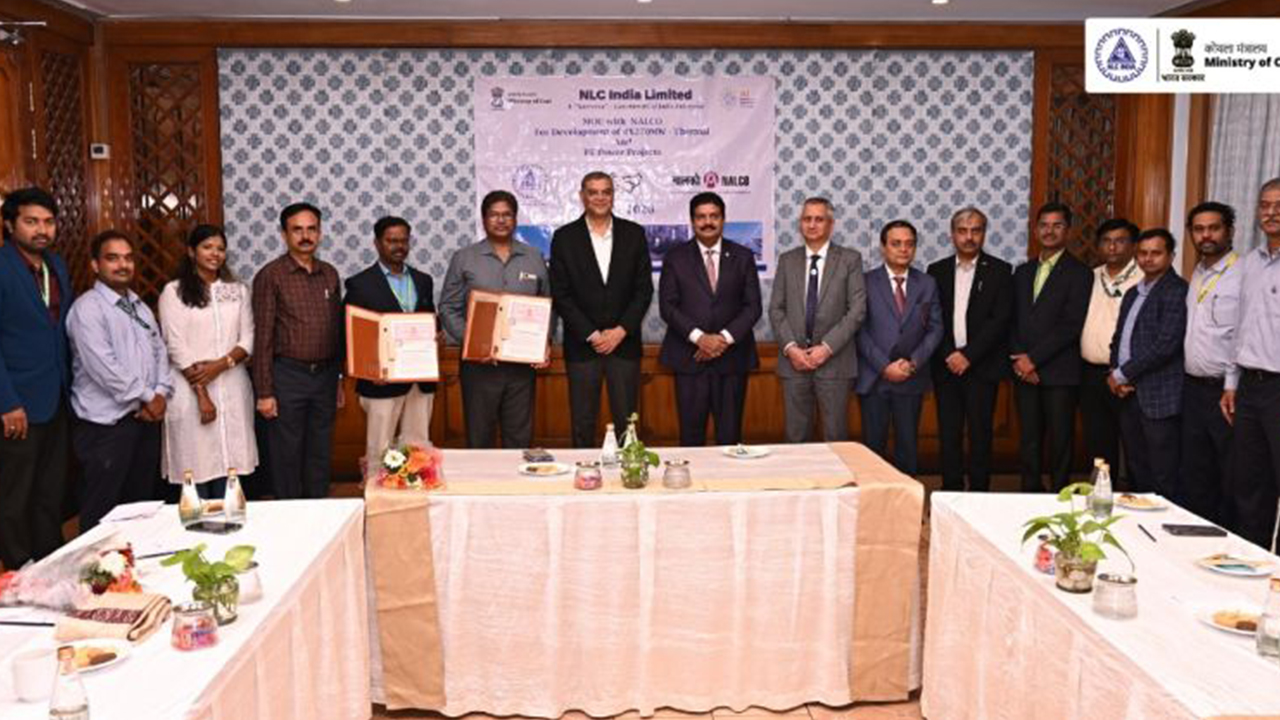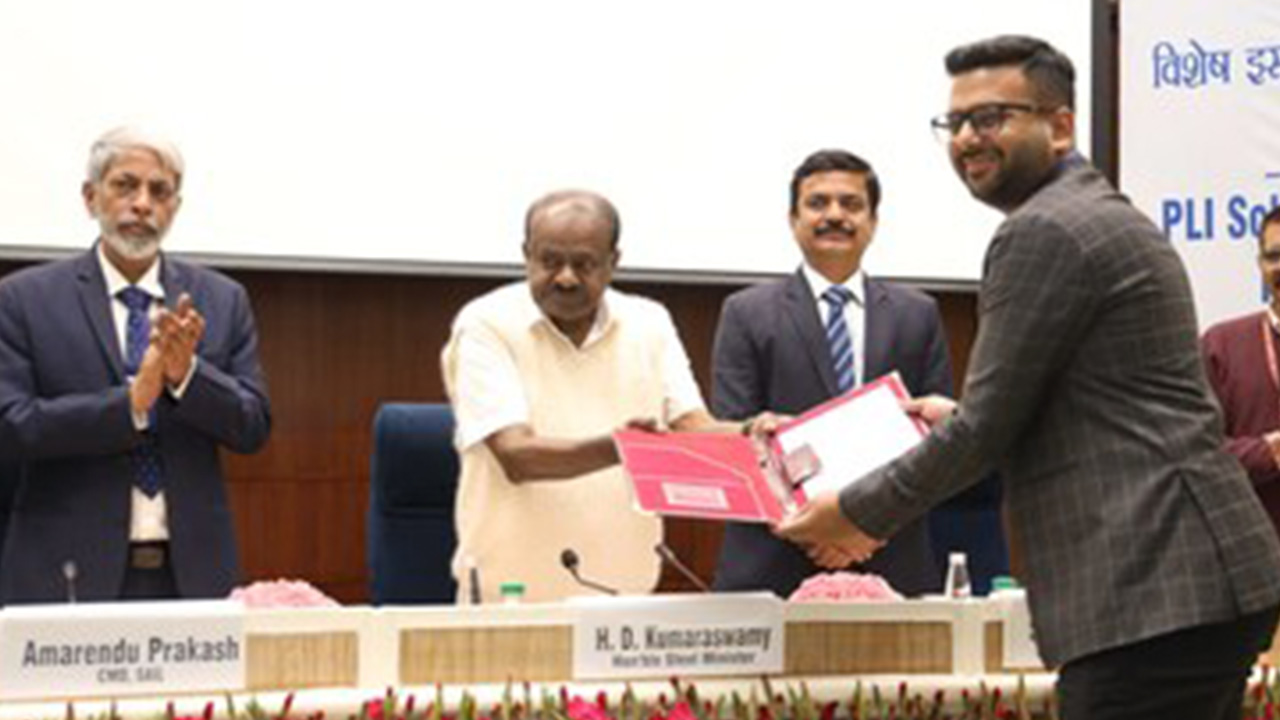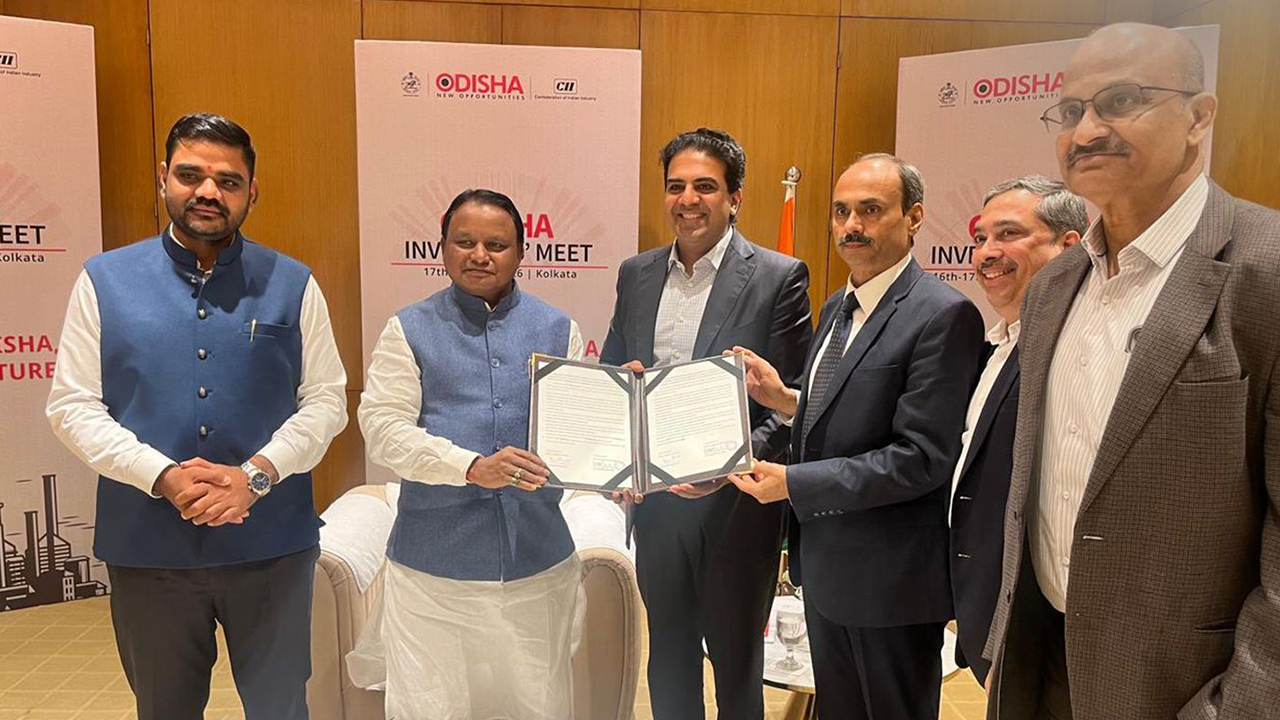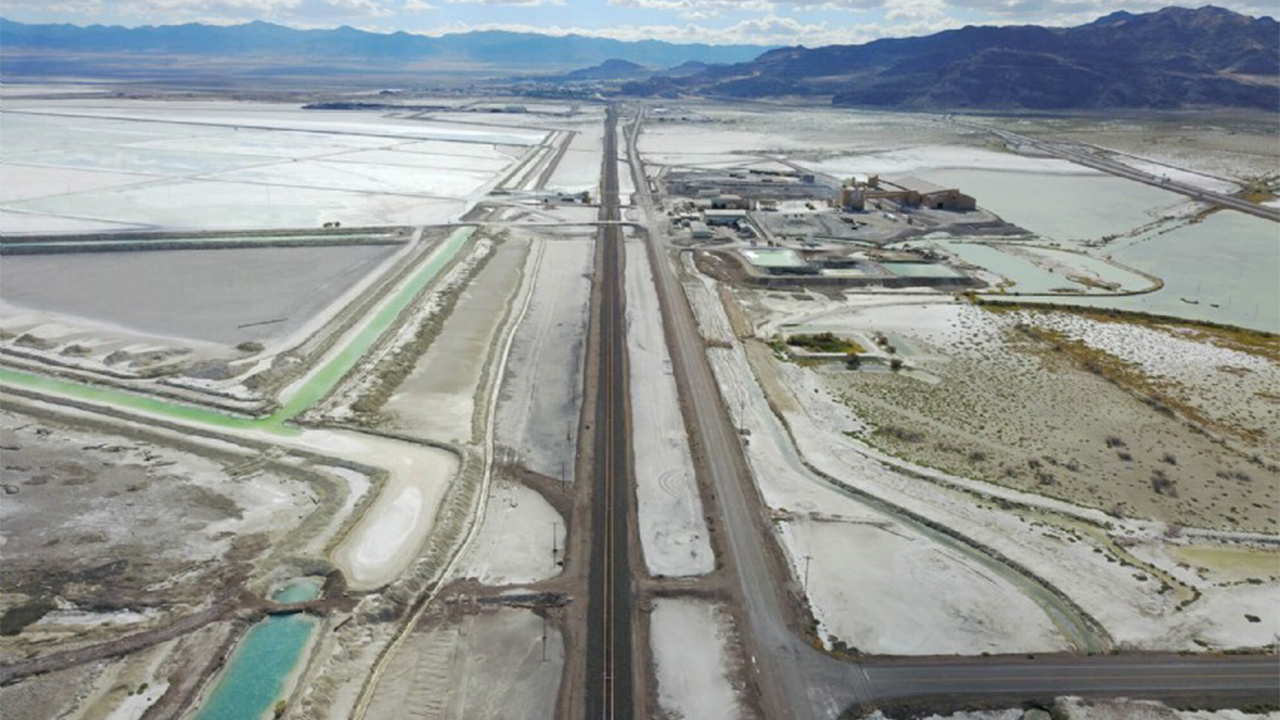Throwing light on the challenges and losses and how Industry 4.0 can lead to enhanced Quality control in mines that will help to Gain accurate and repeatable results with efficient checks & controls.

Quality control and management have become competitive needs for most businesses today, mining industry being no exception. The conventional practices to control the quality in coal mines which includes practices like Auto Sampler where Samples are collected from the designated preplanned regions and Sample Analysis which is done at the site-based laboratory equipped with a bomb calorimeter, laboratory furnace etc.
Some of the key challenges which are faced by the coal mining Industry using the above conventional Quality control process are:
● Test reports gets created manually on a daily basis.
● From bomb calorimeter reports gets extracted manually along with reporting non-coherency.
● No mobile app-based reporting devices & alerts for quality checks and control.
● Unavailability of LIMS integration for seamless data integration and management.
These lead to some of the factors that create value losses in mining like -
● Longer turnaround time
● Lag in reporting of data
● Manual calibration with sample variation
● Poor on-time data retrieval to benchmark
● Lack of uniform reporting standards
Following are the four measures that can ensure better quality control in coal mines.
1. LIMS Integration
Laboratory Integration Management System (LIMS) is a software used in labs which can automate workflows, integrate instruments, manage samples and associated information along with keeping the track record of old sampled data. LIMS captures data automatically, get it processed, and is stored it for future reference
2. Custom Based Mobile App
Mobile app-based device that can remotely track the sample data on the move. The app will integrate with laboratory instruments and all the measurable KPIs with interactive dashboards that can be viewed. The app can further be used as a tracking and monitoring tool for end-to-end workflow management.
3. Cloud Based Data Storage
Cloud based storage systems are maintained to capture and disseminate huge amounts of data. Cloud-based data is stored in logical pools across disparate, commodity storage servers located on premises or in a data center managed by a third-party cloud provider. The data integration with the end consumer on a real time basis for quality checks and control is done.
4. Use of Blockchain
Blockchain could lead to the automation of invoice reconciliation. Coal /Mineral is assigned a quality certificate and the customer sends it for lab testing for reassurance. There may /may not be a dispute over the ore quality and price. This whole process can leverage Blockchain technology with the three parties involved – miner, customer and the arbitrator.
And after one has taken all the required steps properly one is ensured success. And success comes along with benefits, some of the potential benefits are –
● Centralize access & storage of quality control data along with easy retrieval
● Reduction in human error due to automation.
● Track reagents and lots and manage inventory.
● Integrate with instruments or other in-lab systems to improve lab efficiency.
● Perform instrument run monitoring.
● Gain accurate and repeatable results with efficient checks & controls.
Abhinav Sengupta
Abhinav Sengupta, a MBA in Energy & Infrastructure with B.Tech in Mining has over a decade of rich experience in Mining, Energy & Infrastructure sector and has acquired strong industry exposure in areas of Transaction Advisory (Strategic/ Risk/ PPP), Business Valuation, Digitization/IT Integration, Techno-Economic Studies, and Strategic procurement. He is currently working with one of the Big 4 consulting firms.
NEWSLETTER
TRENDING ON PRO MFG
MORE FROM THE SECTION








